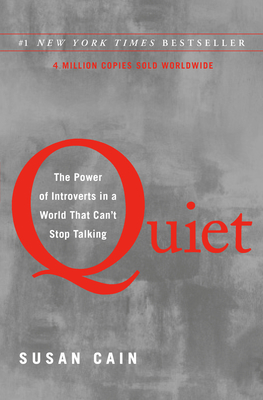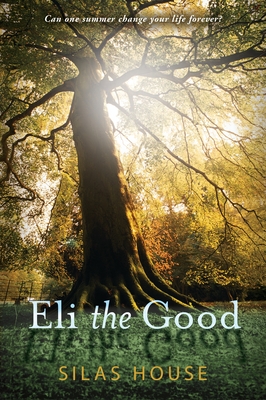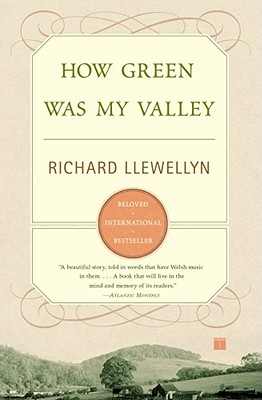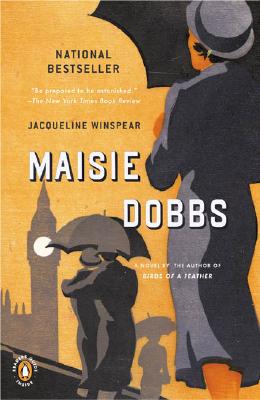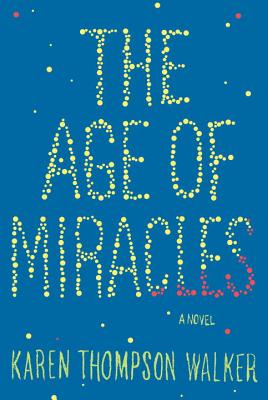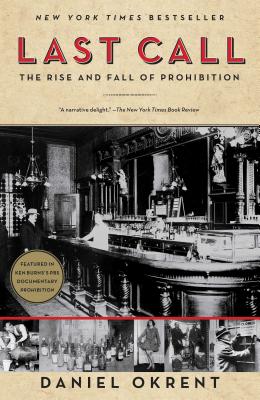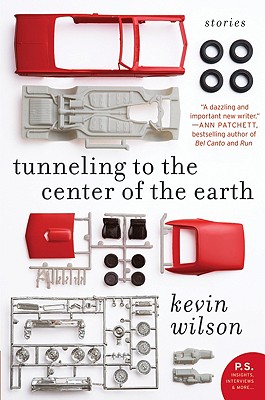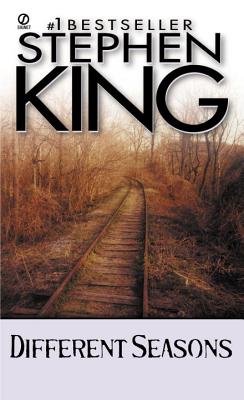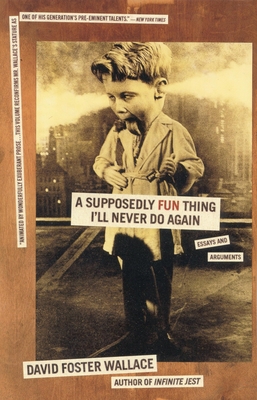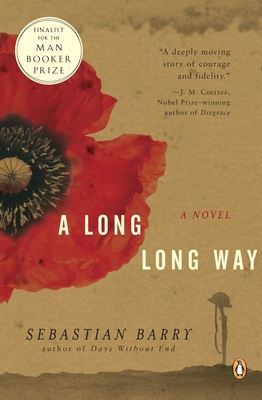Boy can I identify with that statement. I wasn't always shy: until I was 6 or 7 years old I remember being joyful and outgoing—part of the crowd. By the time I entered 2nd grade, however, I'd had too many embarrassing situations (by my own unknowingly-introverted estimation) and found it was much safer to be quiet, to retreat from large social groups and unfamiliar situations (in fact, the thing I remember most about 2nd grade is the classroom's windows.)
I had a few years where I was painfully shy (to the point of having a difficult time talking to my parents) but I've grown out of most of that. Though I scored 20/20 on the introvert/extrovert quiz (see the bottom of this article) I don't experience the agonizing guilt and shame that I used to feel regularly in social situations. That doesn't mean that I like them necessarily, but I've become adept at "talking myself down from the ledge."
Although it may be impossible to read this book and not compare the experiences to your own, there really is more to this book than commiseration and self-justification. It would be a valuable read for introverts and extroverts alike. My favorite part was the first section, which addressed the history of how we came to value personality over character, as well as what constitutes quality leadership, and how modern Christianity has been shaped by the extrovert ideal. I love learning about social history, and how so many things are interconnected.
 Did you know that public speaking is the number one fear in America? Or that the number of Americans who considered themselves shy increased from 40% in the 1970s to 50% in the 1990s, (probably because we measured ourselves against ever higher standards of fearless self-presentation.) Did you know that some parts of the world are overall more extroverted than others (would it surprise you that America is an extroverted extremist?)
Did you know that public speaking is the number one fear in America? Or that the number of Americans who considered themselves shy increased from 40% in the 1970s to 50% in the 1990s, (probably because we measured ourselves against ever higher standards of fearless self-presentation.) Did you know that some parts of the world are overall more extroverted than others (would it surprise you that America is an extroverted extremist?)
As the book progressed it began to feel more anecdotal and self-help-ish to me and didn't have as much interesting information [in my opinion]. Still, worth reading. I'm glad to see a book that provides this much-needed perspective hitting wide release; it's nice to have the vocabulary and background information to better negotiate our differences.
